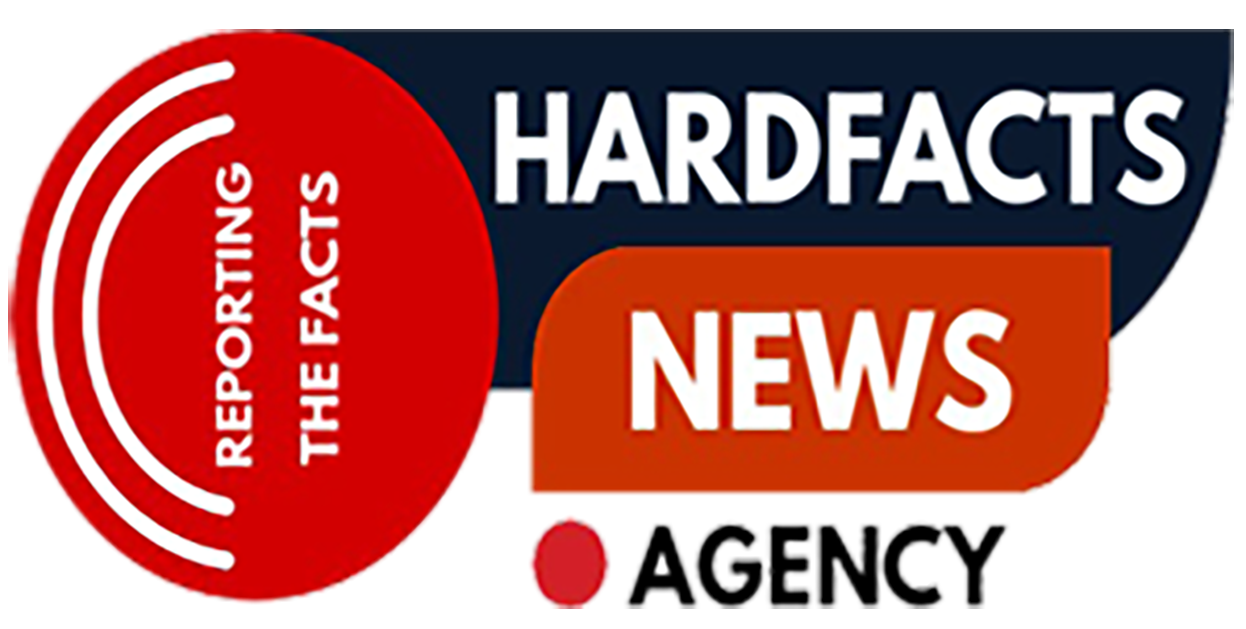Writen by: Jeremiah Edison Paye
Candidate of Masters in Petroleum Economics
I have followed the debate that ensued surrounding recent decisions by the Liberian Government to engage in direct Importation of Petroleum. Recently, President Joseph Boakai directed the management of the Liberia Petroleum Refining Company (LPRC) to directly participate in the Importation of Petroleum. Based on this directive, the LPRC Management has directly imported the first 10 metric tons of Premium Motor Spirit (PMS), commonly known as gasoline.
A government’s direct petroleum importation policy refers to situations where a government entity or a state-owned company directly imports petroleum products or crude oil. As a state-owned company, LPRC is now involved in direct importation.
Though I am an opposition leader and strong critic of the current UP Government, evident by my position as National Secretary General for the opposition Movement for Economic Empowerment (MOVEE), but based on my foundational knowledge of petroleum management and economics, I see the government’s involvement in importation of petroleum as a laudable and economically viable move. Liberia’s petroleum importation sector has largely been in the hands of foreign capitalists. For over four decades, the petroleum market has been singularly controlled by private petro-companies, determining the supply and price of petroleum, leaving the LPRC with no option but to negotiate with importers. Sales taxes, import duties, and levies have been the main sources of income for the LPRC.
Government’s involvement in petroleum importation offers several benefits, if honestly and transparently administered. Five (5) of the major benefits associated with the implementation of this valuable policy include:
- Increment in Government Revenue
- Enhancement of National Energy Security
- Petroleum Price Stabilization
- Enhancement in Consumer Protection
- Government smooth Implementation of Strategic Policies
Here is a simplification of the five major benefits associated with government’s involvement in the petroleum importation market :
- Increment in Government Revenue:
While the government through the LPRC is generating revenue through import duties, taxes, and royalties on imported petroleum products, the government’s involvement will increase generated revenue through profits accumulation, which will enable the LPRC to contribute to the National Budget. - Ehnacement of National Energy Security:
The government’s involvement in direct petroleum importation can reduce reliance on private companies as the main sources of petroleum supply, and it contributes towards mitigating the risk of supply disruptions and market shortages due to geo-political instability or natural disasters. Reserves by the state corporation will greatly compensate for any shortage in supply that may arise, like the one experienced during the CDC regime. - Price Stabilization:
Governments’ involvement in petroleum importation largely influences petroleum prices through strategic reserves, import regulations, and price controls. The government can influence prices of private suppliers and distributors to consumers during periods of high price fluctuations. - Consumer Protection:
Government importation of petroleum ensures that the imported products meet quality standards and are not harmful to consumers. - Government smooth Implementation of Strategic Policies:
Government’s direct importation of petroleum allows for the implementation of policies that support the broader national interest, such as promoting the development of renewable energy sources, reducing carbon emissions, or investing in energy efficiency programs.
Government’s direct importation of petroleum is not unique to Liberia. Direct importation of petroleum, through the LPRC Management, headed by Mr. Amos Tweh is laudable. There are several countries that are engaged in direct importation of petroleum by their government’s, such as India, China, and those with state-owned national oil companies (NOCs) like Saudi Arabia, Nigeria, and Brazil.
However, in as much as I believe that government’s importation of petroleum is welcoming, I recommend that President Boakai proposes to the Legislature, AMENDMENTS to the functions of the LPRC and the Liberia Petroleum Regulatory Authority (LPRA), with focus on expanding the functions of the LPRA to cover both the petroleum downstream and upstream sectors.
Aside from the direct importation of petroleum to enable the government to ensure stable and affordable petroleum supply on the Liberian market, as Managing Director of the LPRC, Mr. Amos B.Tweh has initiated several transformational policies, which has led the corporation in experiencing significant progress in administration and infrastructure. The construction of 17,000-cubic-meter gasoline storage tank, nearing completion, and a state-of-the-art petroleum testing laboratory, in its final phase of construction, coupled with non-political reprisal towards workers with opposing political affiliations, are laudable infrastructural and leadership achievements by the Tweh’s administration.
While I may disagree on the general mode of governance of the UP Government so far, Mr. Amos B. Tweh is managing the country’s single most public petroleum corporation in a mature, intelligent, and non-partisan driven manner. He is leading with great innovation and vision, with progress and transformation in sight. Mr. Tweh’s commitment, focus, and result-oriented style of leadership at the LPRC validate the fact that there are young people who can deliver when given the space. Ensuring energy security, building institutional capacity, and promoting non-partisan youth leadership are at the core foundation of the progress being made under the Amos B. Tweh-led management at the LPRC.
I commend Mr. Amos B.Tweh for demonstrating great level of patriotism, selflessness, and productive leadership, as head of one of the country’s major public corporations. I urge him not to get distracted and lose focus, but to keep working assidiously in the interest of youthful leadership and the country.
DISCLAIMER: This doesn’t represent the position of the Movement for Economic Empowerment (MOVEE). It represents my personal candid perspectives on the Liberian Government’s Policy to participate in the direct importation of petroleum.


